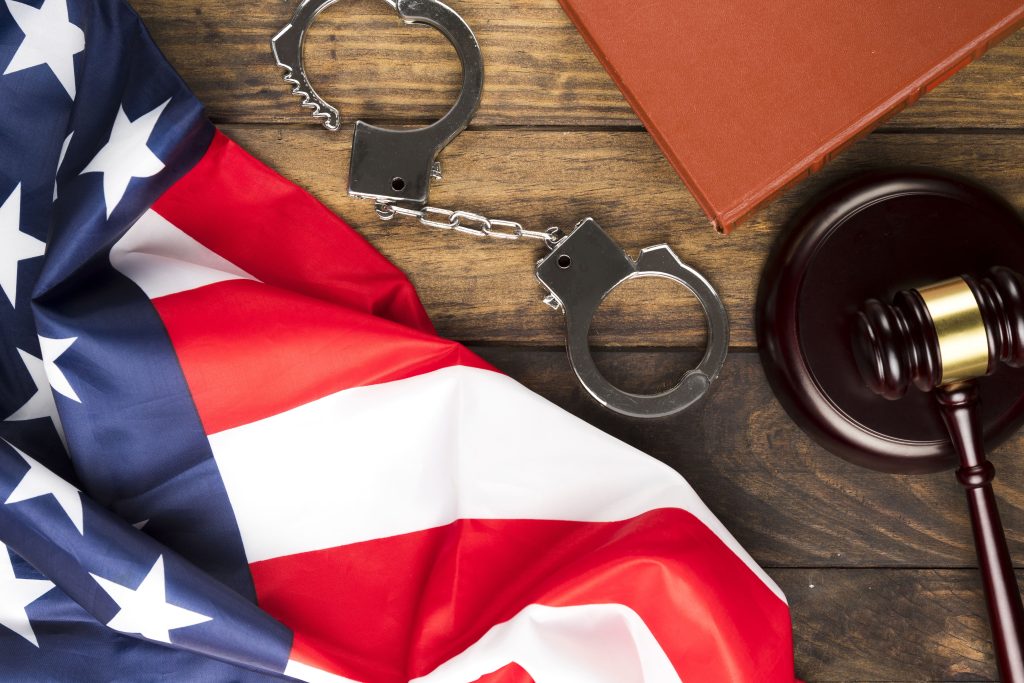The Difference Between State and Federal Criminal Charges in Washington

When someone is arrested in Washington, one of the first questions that arises is whether the case will be prosecuted in state court or federal court. While both systems enforce criminal laws, the charges, procedures, and potential consequences differ significantly. Understanding these differences is critical to knowing what is at stake and how to prepare a defense. At the Law Office of Erin Bradley McAleer, we represent clients facing both state and federal charges throughout Washington.
State Criminal Charges in Washington
Most criminal cases in Washington are prosecuted at the state level under the Revised Code of Washington (RCW). These include offenses such as DUI, domestic violence, theft, burglary, assault, and drug possession or distribution involving smaller amounts.
State prosecutions are handled by county prosecutors in either District Court (for misdemeanors) or Superior Court (for felonies). Sentences are generally governed by Washington’s Sentencing Reform Act, which establishes standard ranges based on the seriousness of the offense and the defendant’s criminal history. State charges often affect immediate, day-to-day concerns like driver’s license suspension, probation conditions, and local jail or state prison sentences.
Federal Criminal Charges
Federal criminal charges arise when conduct violates United States Code (U.S.C.), or when the alleged crime involves federal jurisdiction. Examples include drug trafficking across state lines, wire fraud, child pornography, firearms offenses, and crimes committed on federal property.
Federal prosecutions are handled by the United States Attorney’s Office and take place in U.S. District Court.
Washington has two federal districts: the Eastern District of Washington and the Western District of Washington. Federal cases often involve agencies such as the FBI, DEA, or ATF, which conduct extensive investigations before charges are filed.
Sentencing in federal cases follows the U.S. Sentencing Guidelines, which are typically harsher than state penalties and leave less room for judicial discretion. Convictions can result in lengthy prison terms in federal facilities, with limited parole opportunities.
Key Differences Between State and Federal Cases
While both systems involve criminal prosecution, several important distinctions exist:
- Jurisdiction: State courts handle violations of Washington law, while federal courts handle violations of federal statutes or crimes with interstate or federal elements.
- Prosecutors and Judges: State prosecutors are elected county officials; federal prosecutors are appointed U.S. Attorneys. Federal judges are appointed for life, while state judges are elected or appointed on a term basis.
- Investigations: State cases often begin with local police; federal cases typically involve months or years of investigation by federal agencies.
- Penalties: Federal penalties are often more severe, particularly for drug trafficking, white-collar crimes, and firearms offenses.
Why the Distinction Matters
For defendants, the difference between state and federal charges is more than procedural—it can mean the difference between months in a county jail and decades in a federal prison. Federal prosecutors have greater resources, and convictions often carry mandatory minimum sentences.
Because of these higher stakes, defending a federal case requires specialized experience and a strategic approach that accounts for federal rules of evidence, sentencing guidelines, and agency investigations.
Contact the Law Office of Erin Bradley McAleer
Whether your case is filed in state or federal court, the consequences can be life-altering. At the Law Office of Erin Bradley McAleer, we represent clients facing charges at both levels and provide aggressive defense tailored to the unique challenges of each system. If you or a loved one has been charged with a crime in Washington, contact us today to discuss your options.